The Ultimate Guide to Dog Dental Care

It's just as important to care for our canine's dental hygiene as it is to care for our own. Thankfully, with a bit of love and care, we can make sure our dog's teeth stay in tip-top shape, keeping our furry friends happy and healthy, all while avoiding unnecessary trips to the vet.
Why is it important that I clean my dog's teeth?
Dental disease is incredibly common in dogs. It’s so common, in fact, that over 80% of dogs over the age of three actively suffer from it. Without proper care, plaque and tartar can build up in the mouths of our furry companions, leading to gum disease and tooth decay.
Fortunately, with a bit of commitment, it's possible to keep your dog's mouth in excellent condition. The most effective way to keep your dog's teeth clean is through consistent brushing as part of their regular grooming routine.
A good rule of thumb is to treat your doggie's teeth as if they were your own! Brushing twice a day will keep your dog's dental health in check. It's best to start this routine when the dog is still young so that they get used to the process, but don't worry! Even the oldest of dogs will quickly become used to brush time. Taking care of a senior dog’s teeth is incredibly important because older dogs are more at risk of decay and disease. Many dogs even begin to enjoy the routine and become excited about getting their teeth brushed.
How can I clean my dog's teeth?
While dog dental care isn't complicated, it's vital to purchase the correct equipment. Our dog's needs are different from ours. Buying the right tools helps to ensure your dog's well-being.
Make sure to buy dog toothpaste specially designed to be safe for your pup to digest. This keeps your dog's teeth in excellent condition and ensures they aren't harmed by toxic products.
You'll also want to pick up a dog toothbrush. These specially designed tools have uniquely angled soft bristles, allowing them to reach every corner of your dog's mouth.
Now that you have your equipment, here are a few pointers to help make sure your dog dental care routine goes smoothly.
- Before beginning to brush your dog's teeth, introduce the toothpaste by placing a small amount on your fingertip. Let the dog taste the toothpaste so that they can become familiar with it.
- Allow the dog to become comfortable with having their teeth touched. It can be helpful to start by just rubbing your finger along their gum or using a soft cloth. Once the dog is familiar with the sensation, the brush can be introduced. Remember: slow and steady wins the race!
- If in doubt, ask for advice. Your vet will happily give tailored brushing advice based on your dog's breed and size.
Remember that no two dogs are completely alike, and it’s crucial to be cautious and considerate when grooming your pet.
How else can I make sure my dog's teeth stay healthy?
While daily brushing is the only proper way to keep your dog's teeth in pristine condition, there are many other ways to maintain your dog's dental hygiene. Here are a three extra tips to ensure you never need to make any unexpected trips to the vet.
1) Dog dental treats
Dog dental treats are specifically designed to prevent gum disease by scraping away plaque and tartar on the surface of a dog's teeth. Incorporating dental treats as part of your pet's balanced diet can help control plaque buildup, keeping your dog's teeth clean and protected.
Just be sure not to feed your dog too many dental treats, or they may get more food than they need in a day!
2) Proper nutrition
Ensuring that your pup eats a balanced, healthy diet suitable for their size and breed is a great way to keep their dental health in check. Limit sugary treats that could contribute to plaque buildup.
If your pet is especially prone to gum problems, try using dental dog food, which is specifically designed to maintain your dog's oral health.
3) Dog dental toys
Much like dental treats, dog chews work to scrape plaque from the surface of your dog's teeth. Many of the best dog dental chews are affordable and durable. Some dog dental chews even allow owners to place small treats inside, enticing your dog to chew for hours on end!

How do I know if my dog has dental disease?
It's crucial to be on the lookout for the telltale signs of dental disease. Our dogs are masters of hiding pain and discomfort, so familiarising yourself with common symptoms will allow you to recognize the signs of dental disease. Be on the lookout for the following:
- Yellow/brown discoloration of the teeth
- Bleeding gums or damaged gums
- Consistent bad breath throughout the day
- Unexpected weight loss
- Refusing to eat or struggling to eat
- Letting food drop from their mouth
If your dog displays any of these symptoms, contact your vet for advice. Dental diseases can be treated in several different ways. If your dog's teeth aren't too damaged, a vet may polish them to remove plaque and tartar. However, pets with especially poor dental health may need to have their teeth removed entirely.
Remember, the best way to avoid trips to the vet is to organize yourself, keep a routine and ensure you have the products that meet your dog's needs. Proper nutrition, dental treats, and chew toys all help to maintain dental health but are no substitute for cleaning your dog's teeth regularly.
If you're looking for the best possible dog dental care for your furry friend, look no further than Petpost’s special dog toothpaste, the perfect way to keep your pooch's teeth clean and protected. Our powerful formula contains a natural blend of Spearmint and Peppermint Leaf Oils, keeping your dog's teeth sparkling while eliminating bad breath. Buy your dog toothpaste here to help keep your dog's teeth in pristine condition. Remember: a healthy dog is a happy dog!
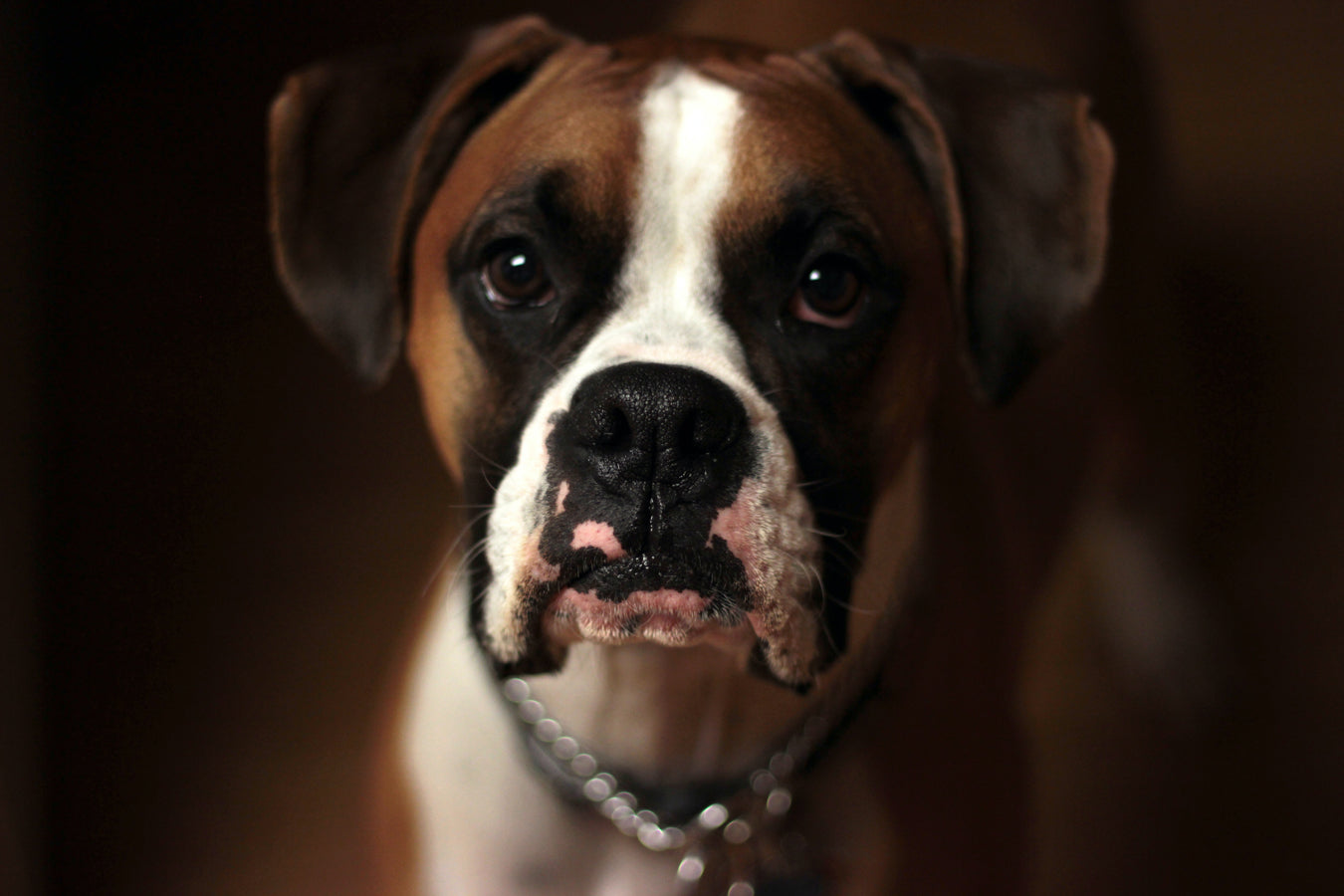
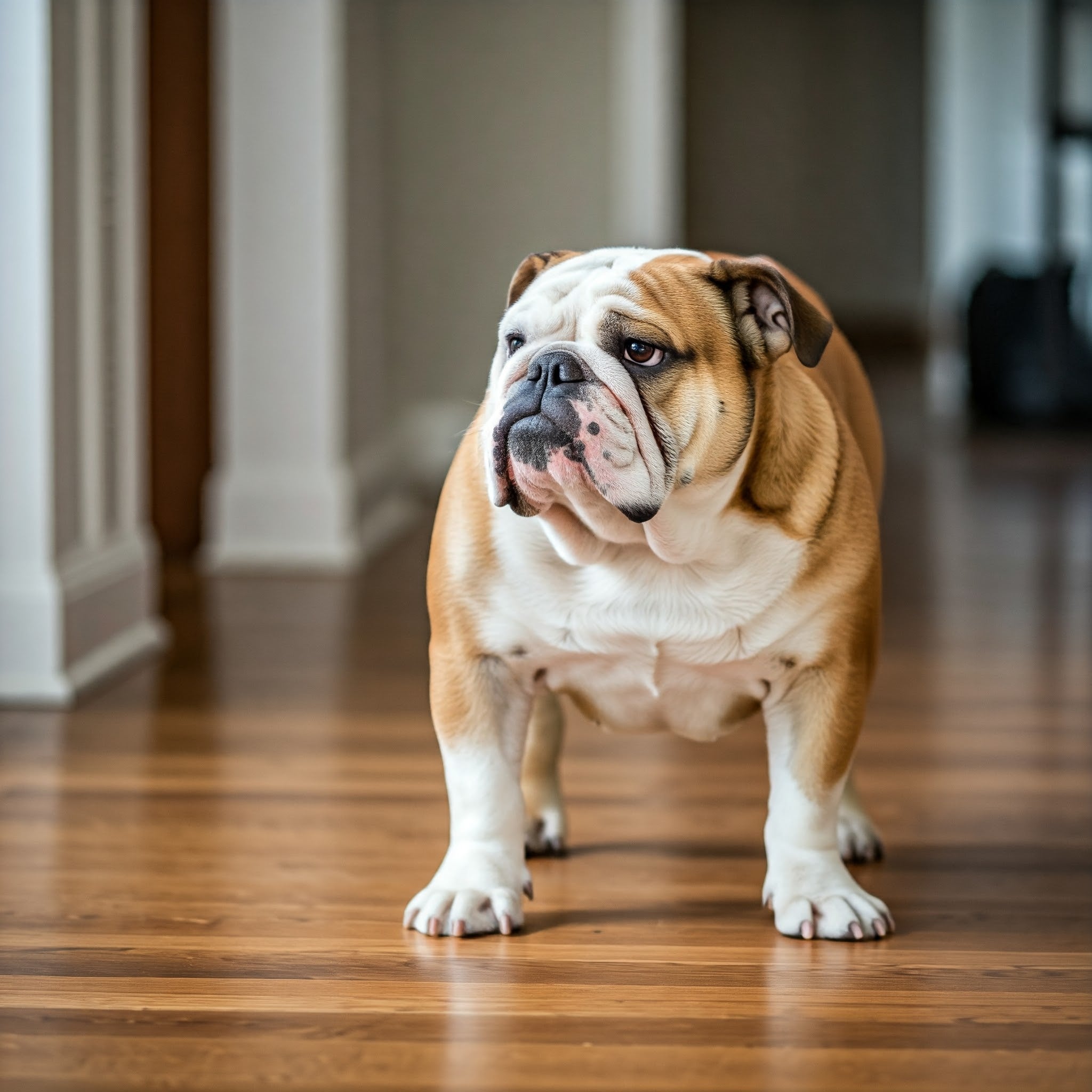
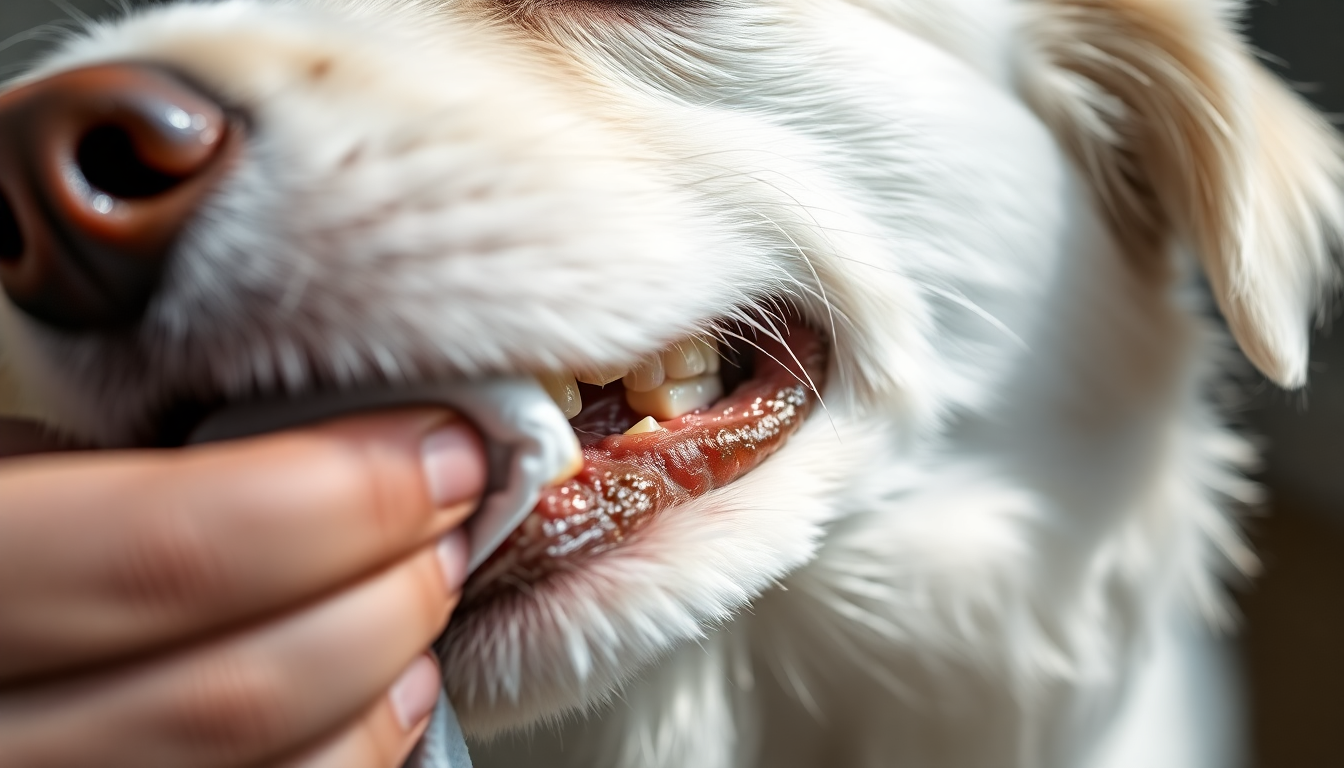
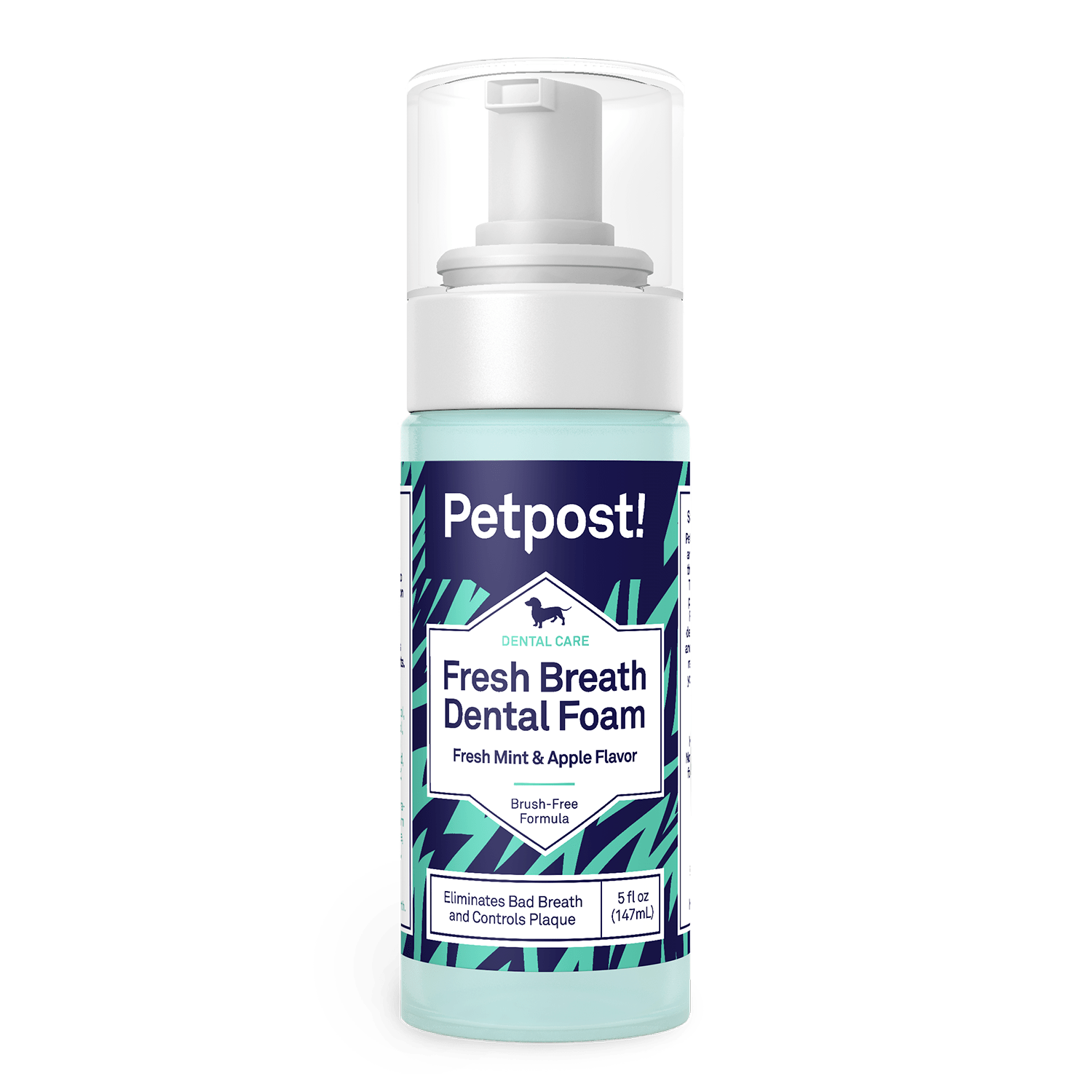
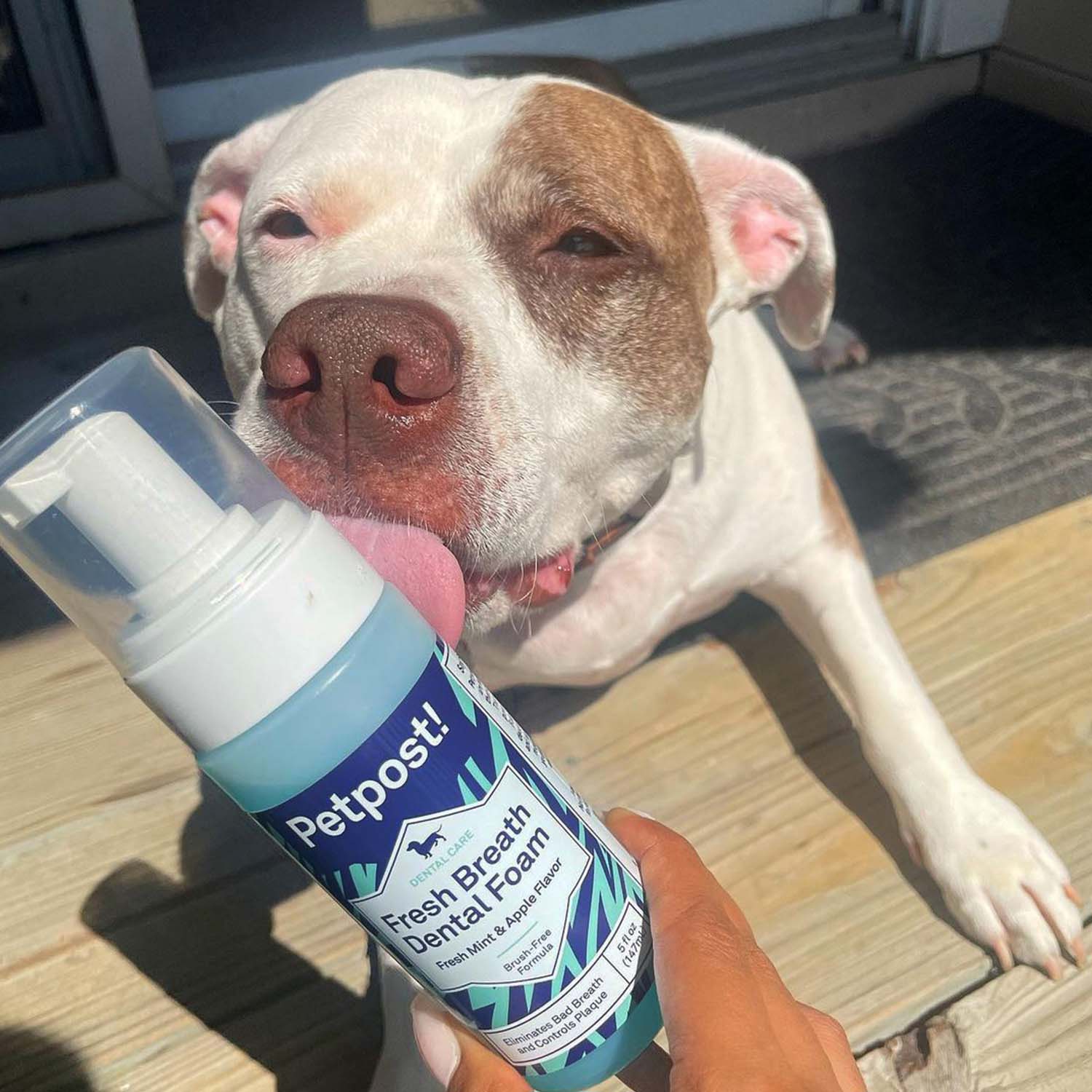
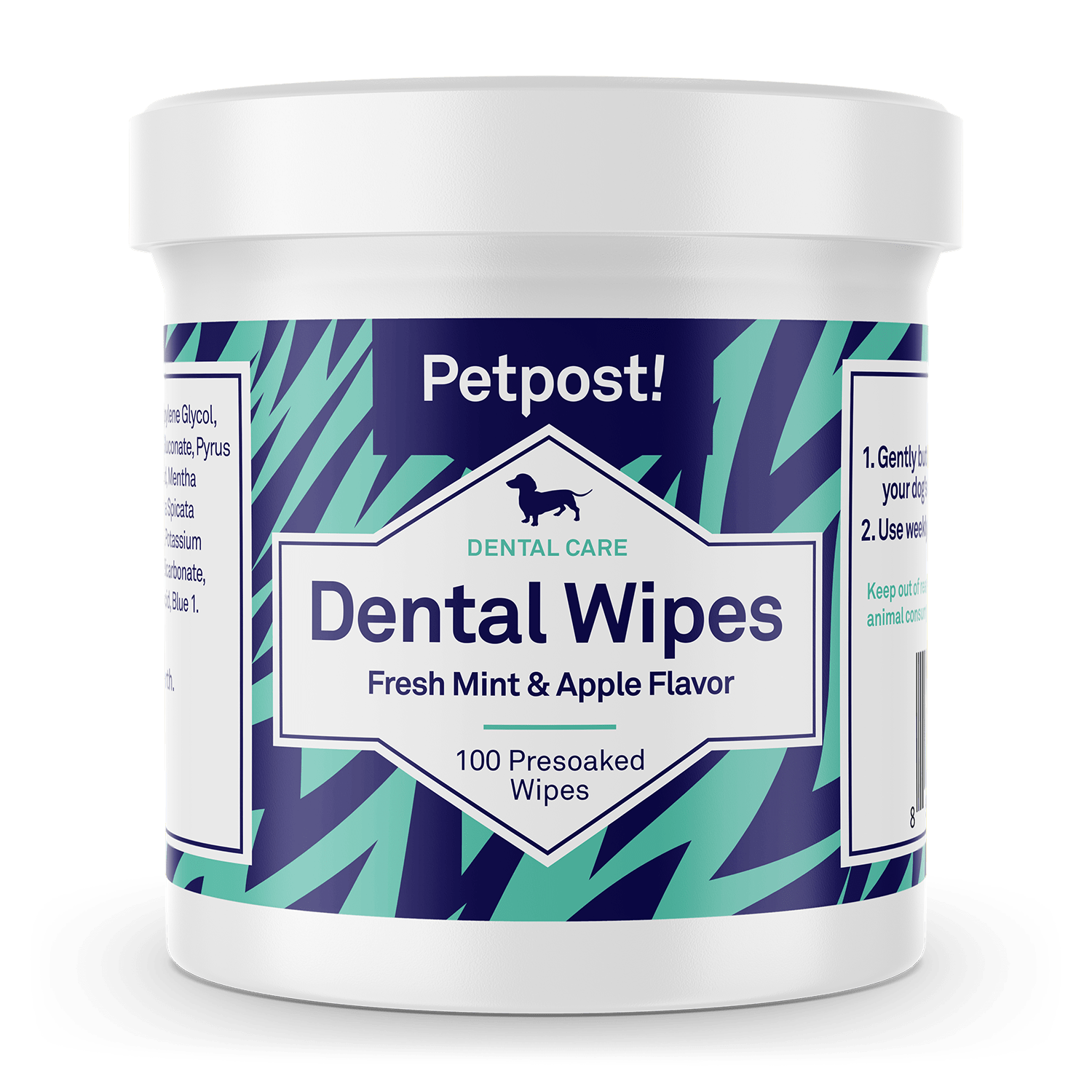
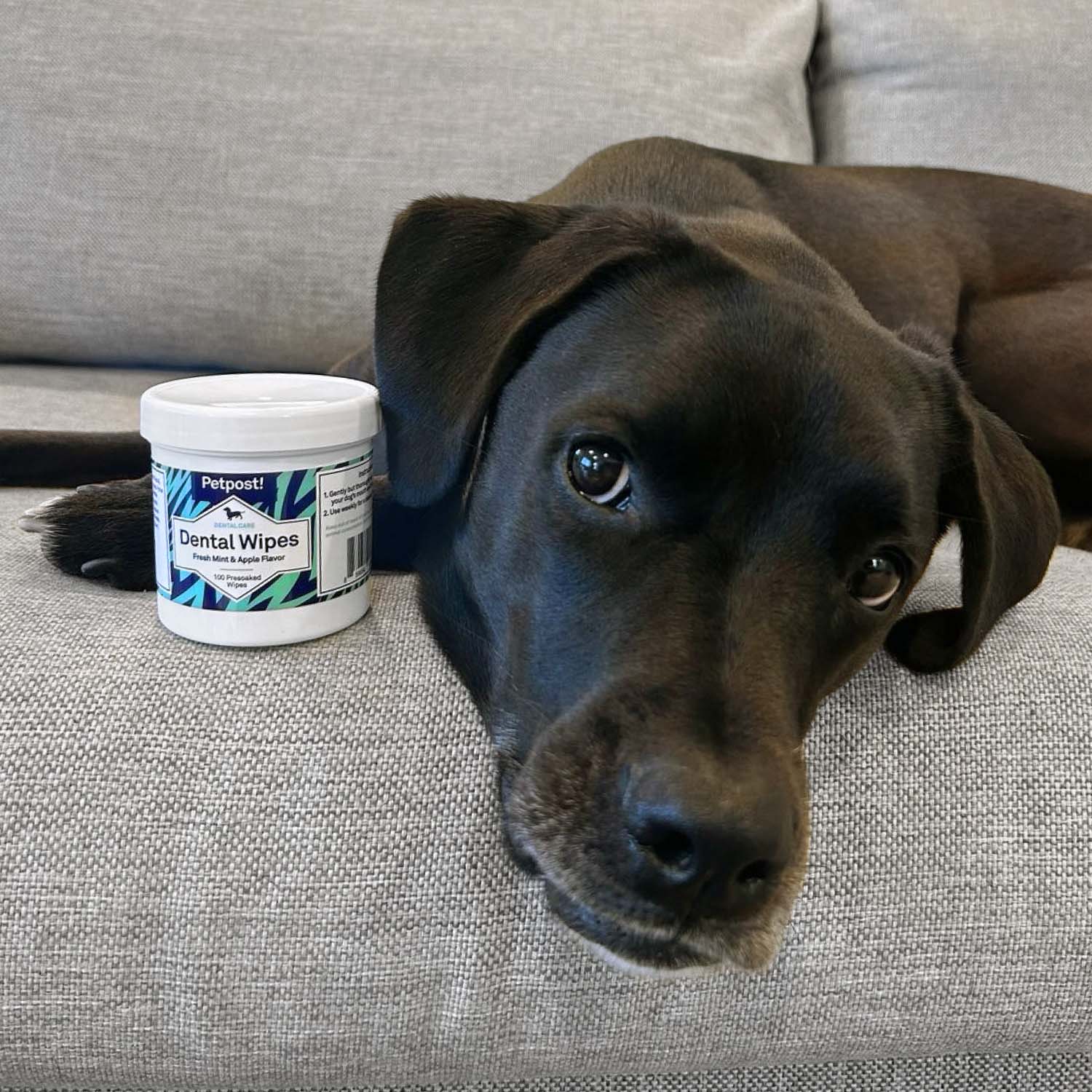
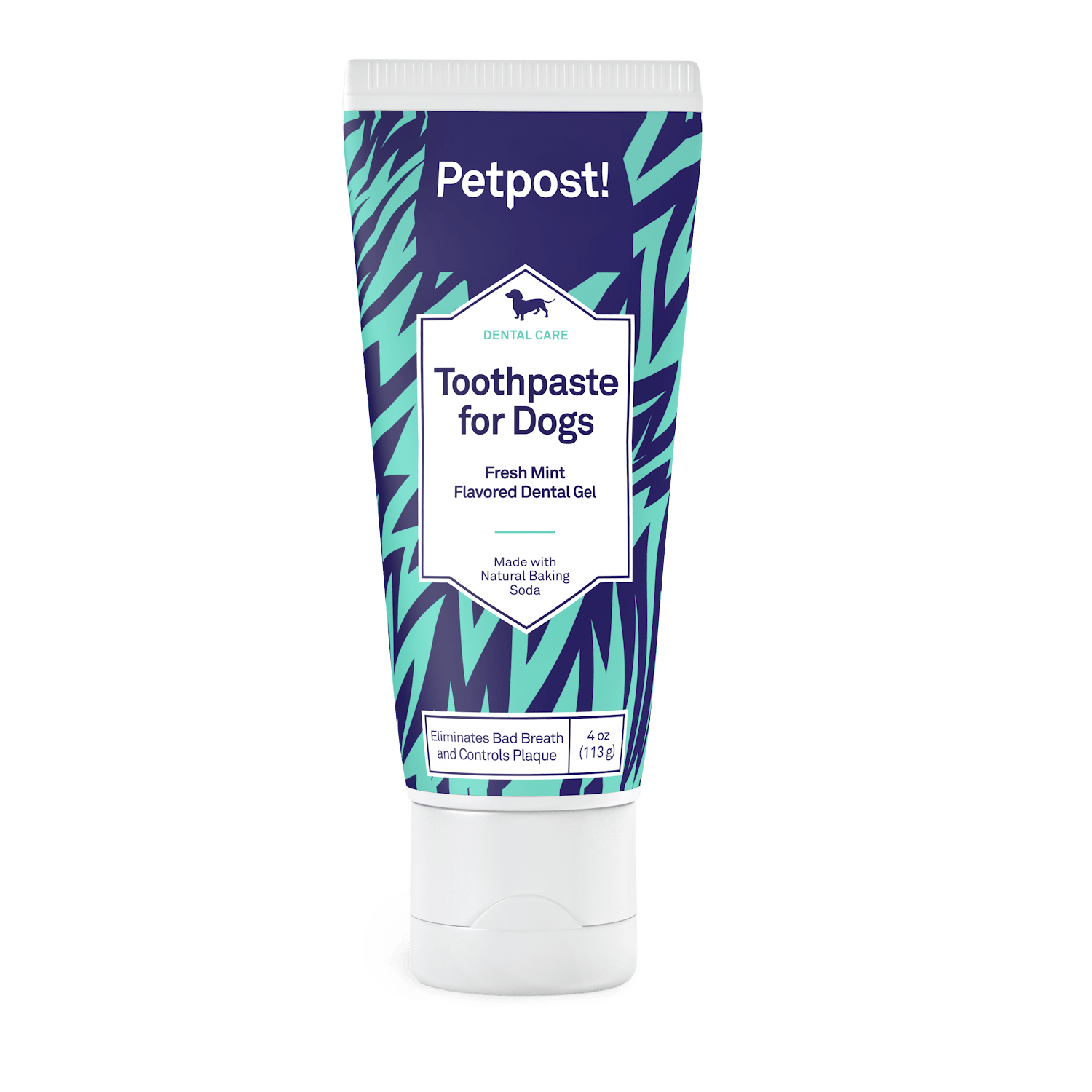
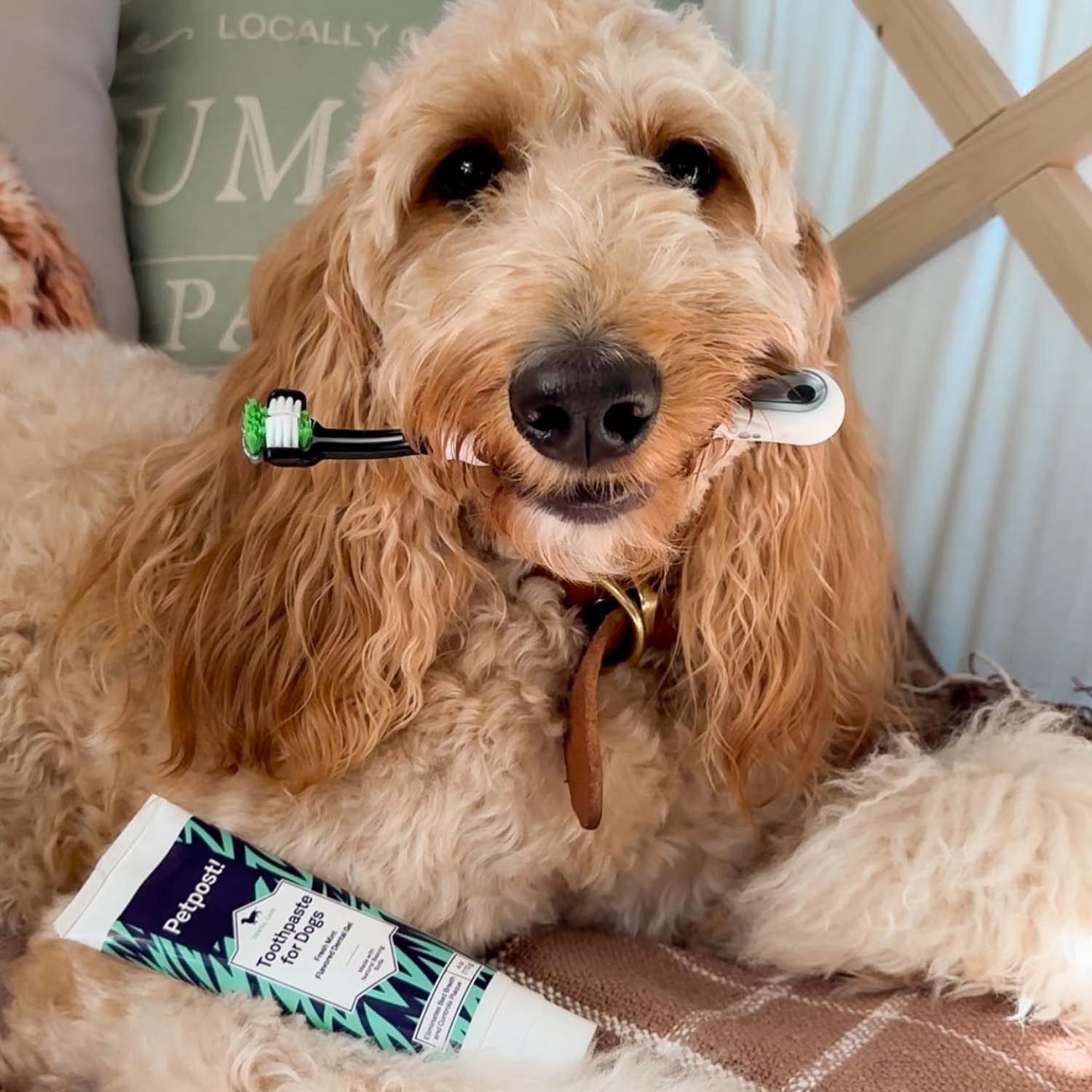
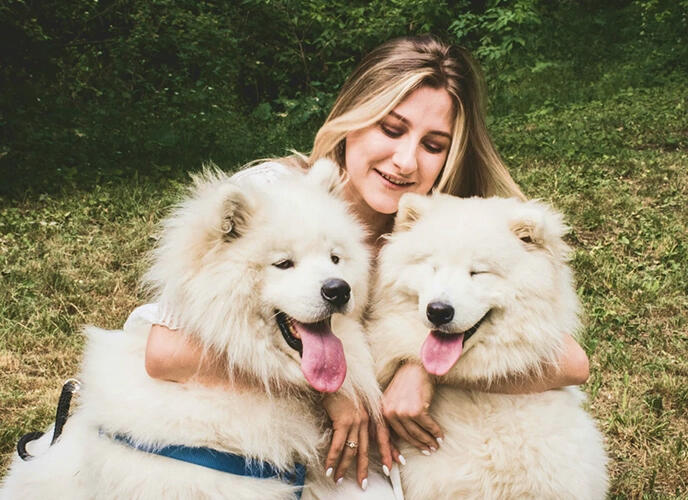
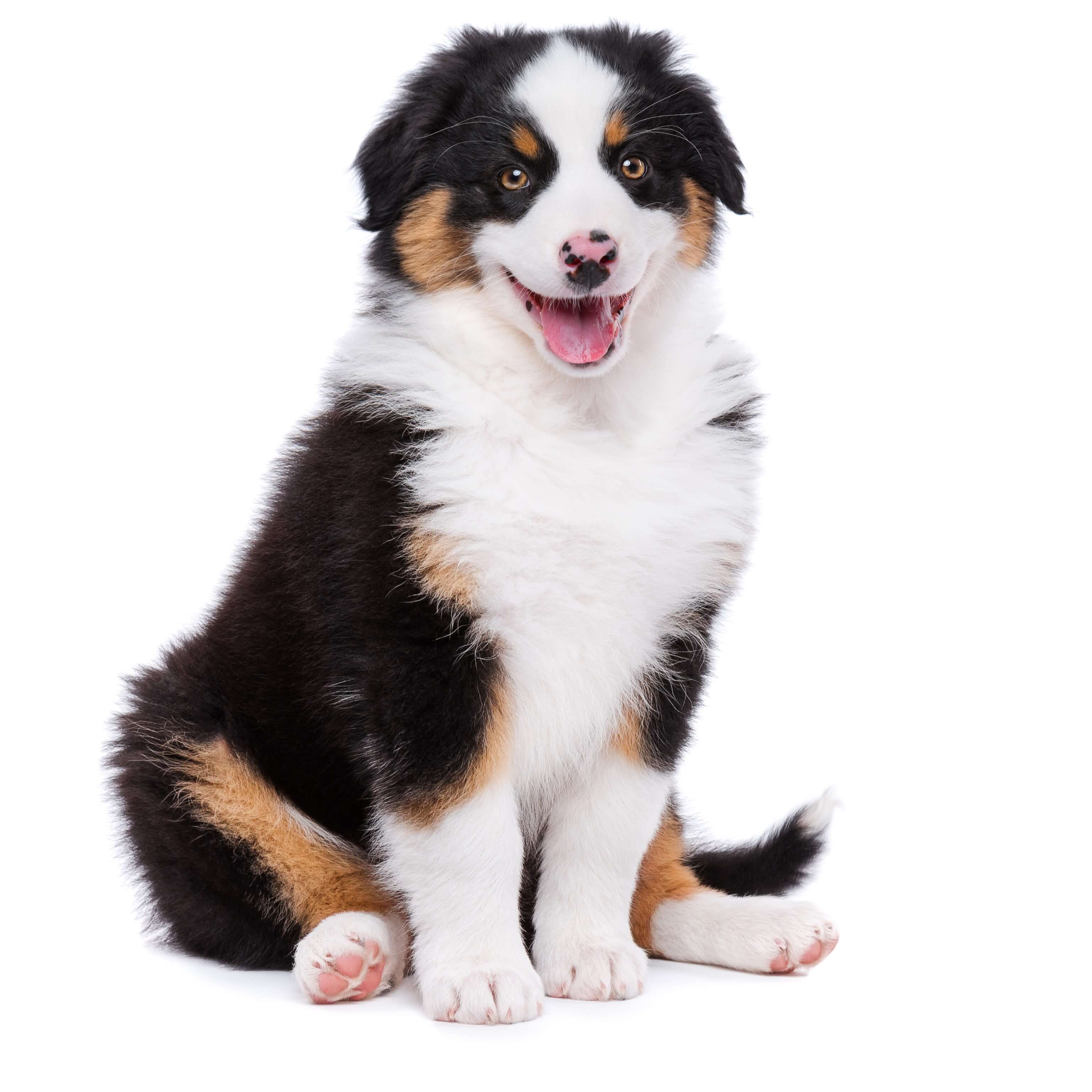
Comments